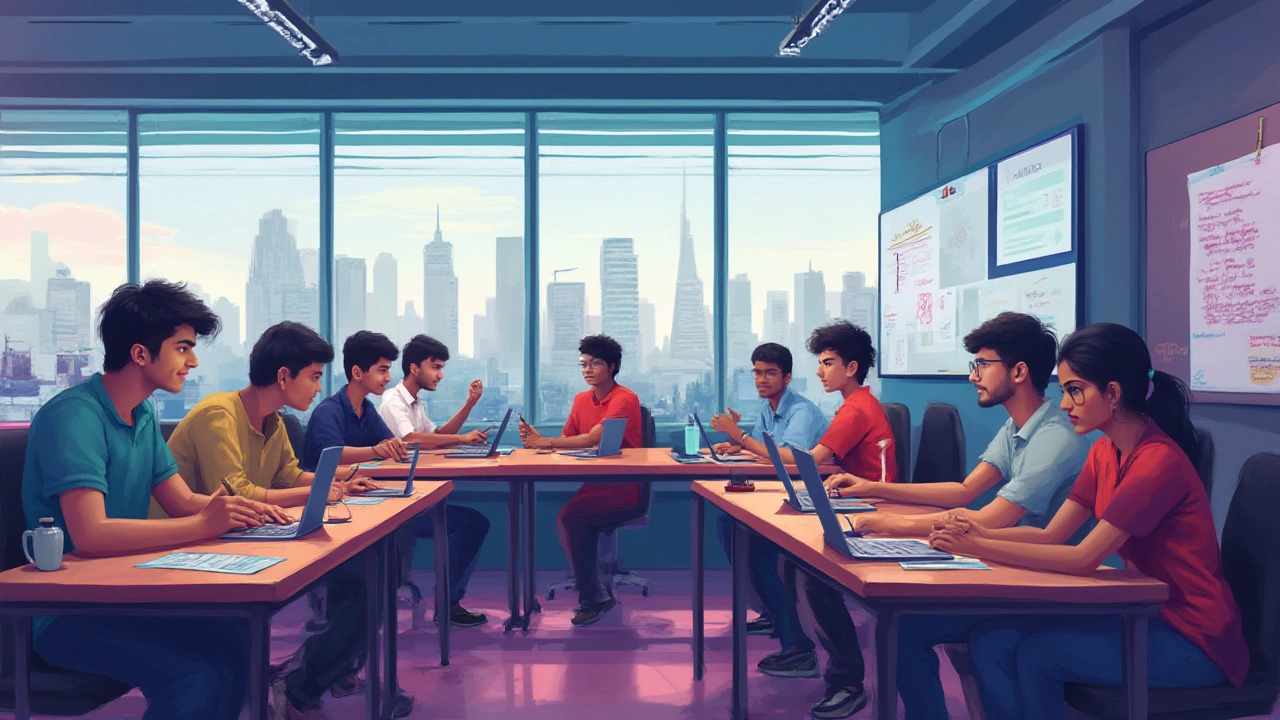Difference Between Coding and Programming: What You Need to Know
If you’ve ever heard people use "coding" and "programming" as if they meant the same thing, you’re not alone. In everyday talk the terms get tossed around interchangeably, but there are subtle gaps that can affect how you learn, work, or hire talent. Let’s break it down in plain English so you can tell them apart without getting tangled in tech jargon.
What is Coding?
Coding is the act of writing lines of code that a computer can understand. Think of it as the mechanics of typing symbols, commands, and syntax into a text editor. A coder follows a set of rules for a specific language—like Python, JavaScript, or C++. The focus is on getting the syntax right so the computer can execute the instructions without errors.
Most beginners start with coding because it offers quick feedback. You write a line, run it, and either see the expected output or a syntax error that tells you exactly where you went wrong. That immediate loop helps you internalize language rules fast.
What is Programming?
Programming goes a step further. It’s about solving a problem with logic, structure, and planning before you even touch a keyboard. A programmer designs algorithms, decides how data will flow, and organizes code into modules, classes, or functions that can be reused and maintained.
While a coder might focus on making a single feature work, a programmer thinks about scalability, efficiency, and future changes. They choose the right data structures, handle edge cases, and write tests to ensure the solution holds up over time.
In short, coding is the hands‑on part of writing instructions; programming is the strategic side that decides which instructions you need and how they fit together.
Why the Difference Matters
Understanding the gap helps you pick the right learning path. If you want to build simple scripts or automate small tasks, mastering coding basics might be enough. But if you aim to develop full‑blown applications, work on large teams, or lead tech projects, you’ll need the broader mindset that programming brings.
For employers, the distinction guides hiring. A “coder” may excel at quickly turning specifications into functional code, while a “programmer” brings design thinking, code architecture, and debugging expertise. Matching the role to the need saves time and improves product quality.
For students, knowing the difference helps set realistic goals. Start with coding to get comfortable with syntax, then layer in programming concepts like algorithms, design patterns, and testing. That progression builds a solid foundation and prepares you for real‑world projects.
Bottom line: coding is the craft of writing code; programming is the art of shaping problems into workable solutions. Both are essential, but they serve different purposes. Recognizing where one ends and the other begins lets you learn smarter, hire better, and create more robust software.
Programming vs Coding: Real Differences Explained for Beginners
Discover the real differences between programming and coding. Understand their roles, skills required, and how they fit into tech careers. Learn which is right for you.
read more